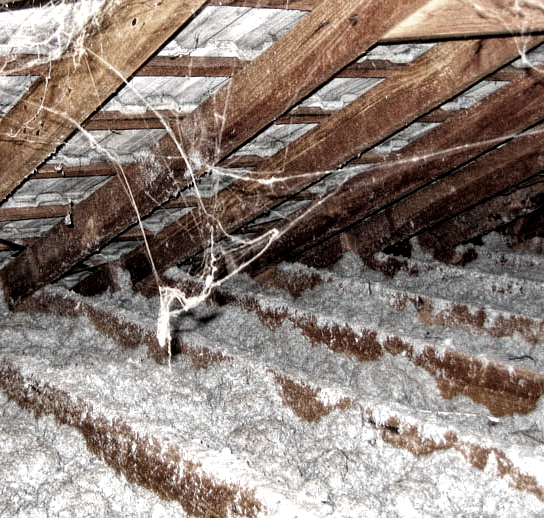Asbestos effect quantified
 New stats show the increased risk of cancer for people living in a 'Mr Fluffy' home.
New stats show the increased risk of cancer for people living in a 'Mr Fluffy' home.
A recent study led by researchers from The Australian National University (ANU) has shed new light on the health risks associated with living in homes that contain loose-fill asbestos insulation.
The latest edition of the ACT Asbestos Health Study highlights an elevated risk of developing mesothelioma and other cancers for residents who have lived in the so-called 'Mr Fluffy' homes.
These homes were fitted with loose-fill asbestos by a company known as 'Mr Fluffy' between 1968 and 1979, with the insulation installed in the roof spaces of more than 1,000 houses in the Canberra region.
The ACT government has since compiled a registry of homes affected by loose-fill asbestos.
The study, which drew on 35 years of data from 1984 to 2019, followed nearly 17,000 individuals who had lived in a Mr Fluffy house.
Researchers compared the incidence of mesothelioma, a rare cancer linked to asbestos exposure, among these residents with the rest of the ACT population.
The results revealed that men who had lived in a Mr Fluffy home were significantly more likely to develop mesothelioma.
“We found that men who had lived in an asbestos-affected home at some point since 1984 were 2.7 times more likely to develop mesothelioma compared to the rest of the ACT male population,” said Professor Rosemary Korda, the study's principal investigator.
In absolute terms, this translated to seven to eight additional mesothelioma cases over the 35-year period.
There was insufficient data to determine whether women faced a similar increased risk of mesothelioma, according to the study.
However, the research also uncovered other cancer risks.
Research Fellow Hsei Di (Sadie) Law, a co-author of the study, noted that both men and women who had lived in Mr Fluffy homes had a higher risk of developing colorectal cancer, with the risk increasing by 24 to 46 per cent.
Women were also found to have a 39 per cent higher risk of developing lung cancer compared to other women in the ACT.
Despite these findings, Law cautioned that the evidence linking these cancers to asbestos exposure was less definitive.
“The evidence for these cancers being linked to living in a Mr Fluffy home was less strong after taking into account certain limitations of the study and drawing on knowledge from existing research,” she explained.
The ACT Asbestos Health Study, which has been ongoing since 2015, is funded by the ACT government and continues to examine the long-term health impacts of asbestos exposure. Full results from the latest phase of the study are available through the ANU National Centre for Epidemiology and Population Health.







 Print
Print



